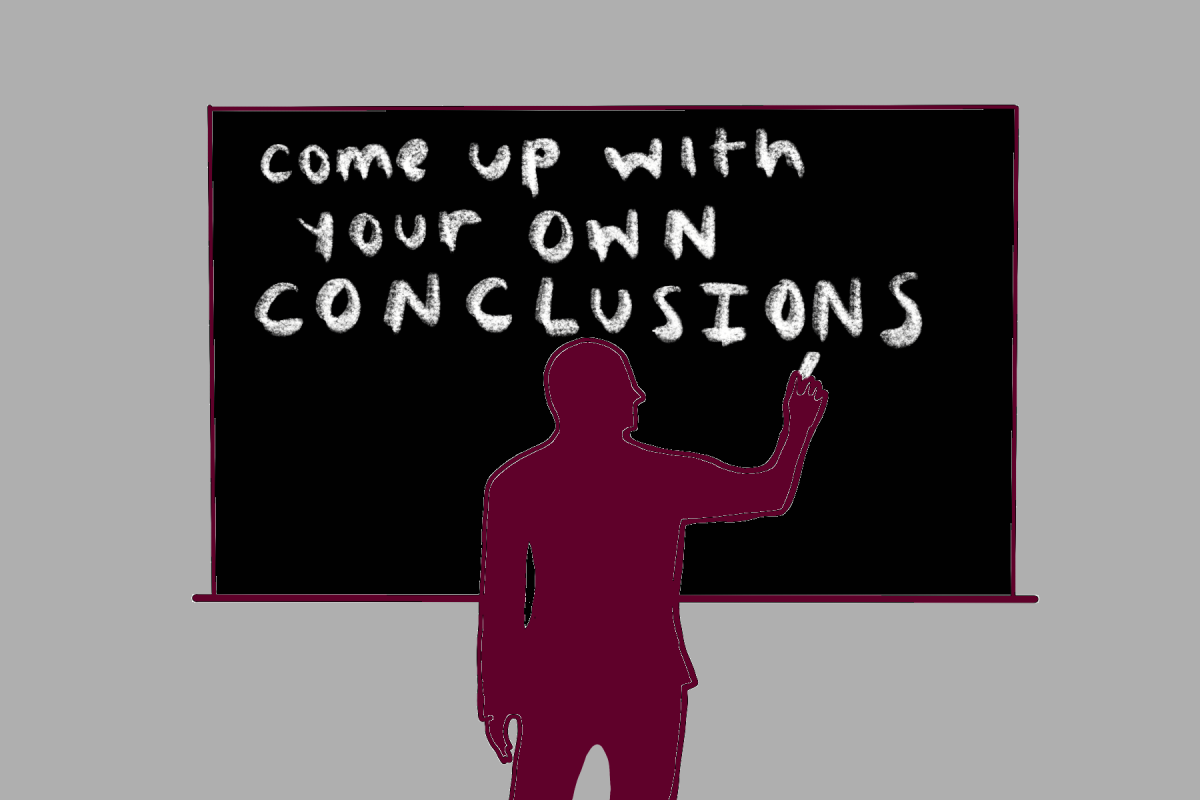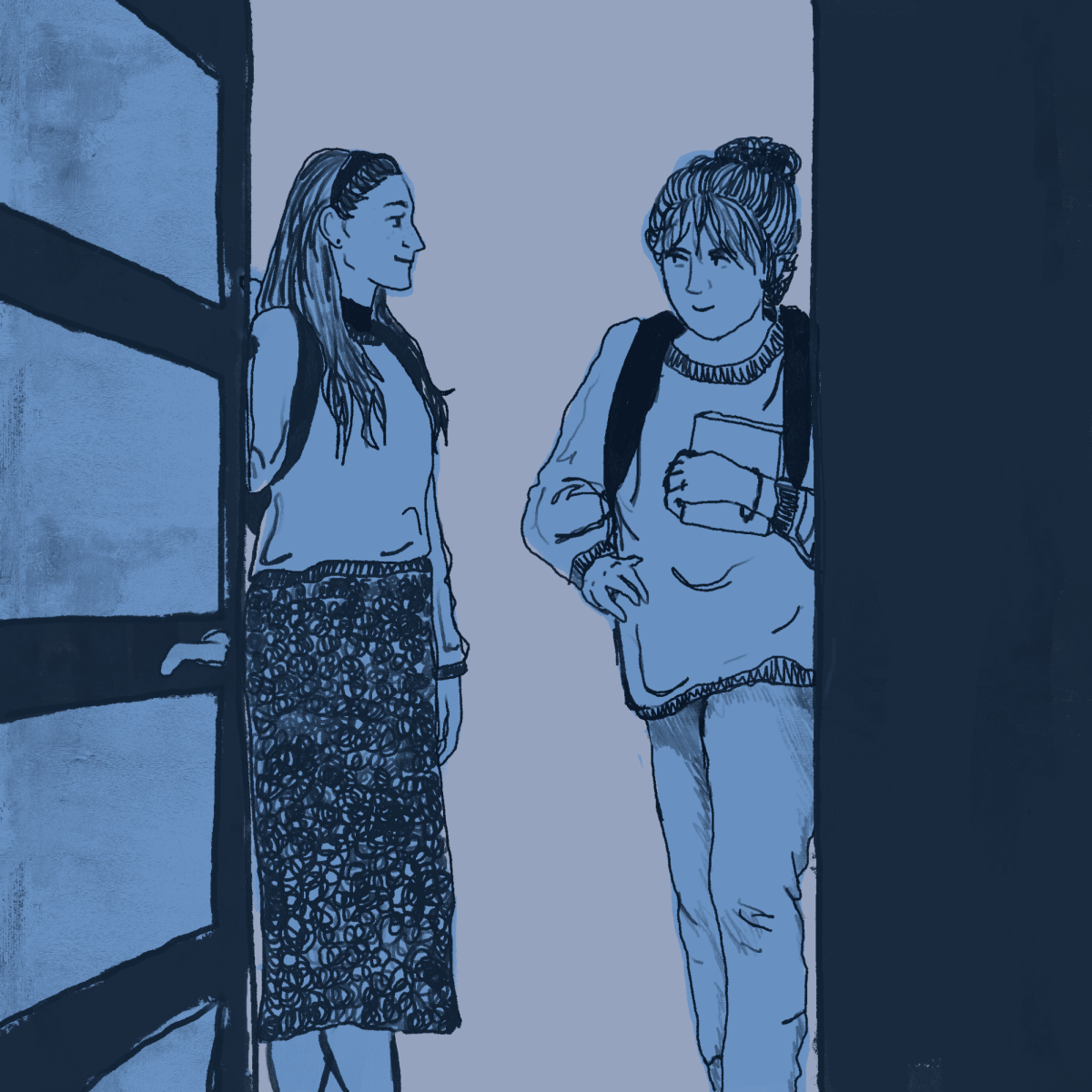As a political science and intended philosophy double major, the majority of my classes are designed to be argumentative. A crucial part of my coursework involves forming contentious arguments after learning the necessary material needed to take a stance on an issue. As a student, I believe it is important that my classmates and I express our political views when relevant to our class material. Even outside of class, students should be able to comfortably share their political opinions when appropriate, whether it is with their classmates or friends. However, when it comes to expressing political opinions in class, should professors take advantage of these liberties? Personally, I believe that political neutrality certainly has its pros and cons, but when it comes to professors in a classroom setting, the pros outweigh the cons.
As a student, in order for me to come up with a strong argument, it is important that the information I’m using to support it has been presented in a neutral manner. If a professor is teaching a politically charged topic and clearly favors one side over the other, not only will students naturally be inclined to believe the same (given the lack of information on the other side), but they may also be reluctant to disagree. When being presented with controversial material, students should receive only unbiased and therefore beneficial information. Professors should also ask students for their opinions. Only then should they chime in and add their own perspective. This allows students to formulate their own arguments, share them and discuss amongst themselves before hearing the perspective of a professor.
It is also important to note that it may be daunting for many students to attempt to disagree with a professor, especially on politically controversial topics. Last semester, while taking a literature class, I found myself openly disagreeing with my professor when it came to interpreting the novels we were reading. However, novels do not feel as personal as one’s political views. I cannot imagine myself openly disagreeing with a professor on something regarding the presidency, for example. In a classroom setting, what is one to do when they find themselves disagreeing with a professor’s political views? In a political science course, disagreement is normal, but if a professor shares their political views in a course that is not related to political science or social science in general, dissenting students often sit in uncomfortable silence. Although I don’t agree with it, I understand why a professor whose course relates to politics would share their political views. However, I see no need for a professor in an unrelated field to share their political views, especially if it is irrelevant to the course.
That being said, I also do not think a political science professor should be sharing their own takes on a topic they are teaching for the sake of our learning. If a political science professor were to share their views on something political relevant to the course material, I’d assume their view is the “correct” one, simply because they are the professor and I am a student. Who am I to disagree with someone who has dedicated their life to studying a topic that I just started learning about a few weeks ago? I’m sure many feel this way. However, learning to think critically means coming up with our own conclusions, not blindly following those of another person, despite their level of education or training.
All this being said, professors should not feel as though they should never share their own political views because that seems almost impossible. Rather, they should do so in a way that is beneficial: letting students learn by coming to their own authentic, unobstructed conclusions first.
















